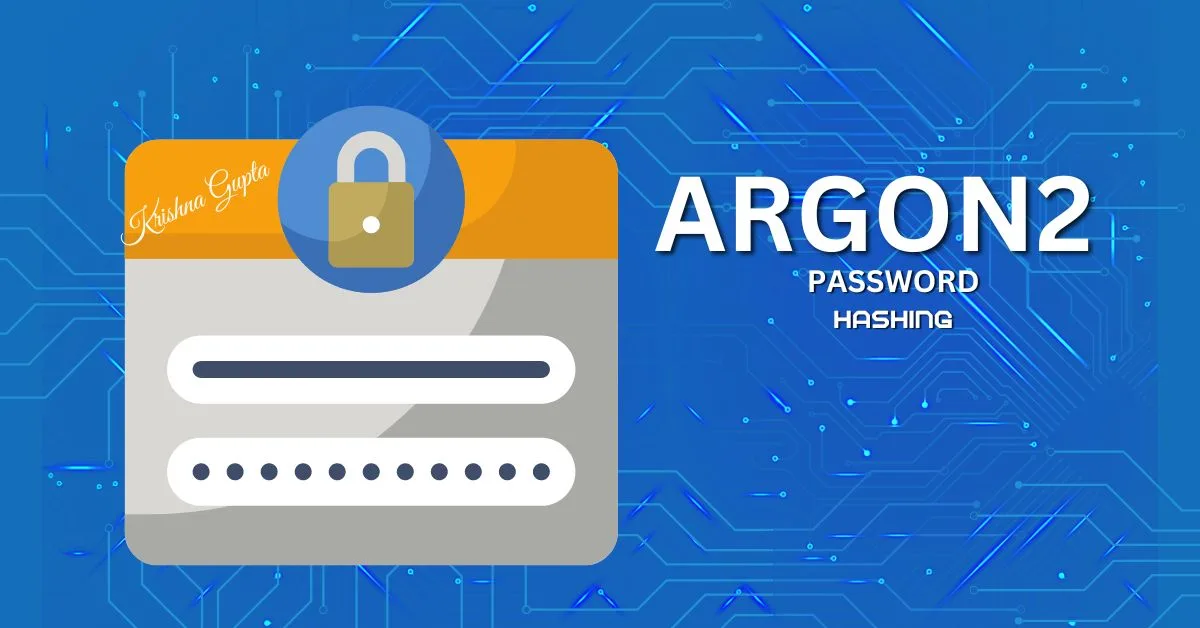Argon2: The King of Password Hashing
In online security, passwords are the first line of defence. But a weak or leaked password can be a hacker’s golden ticket. That’s where Argon2, a robust cryptographic algorithm, comes in.
What is it?
Imagine a password hash as a scrambled version of your password, stored securely instead of plain text. Argon2 takes this concept to the next level. An essential derivation function (KDF) uses clever memory-intensive calculations to make brute-force attacks computationally expensive and time-consuming. Cracking your password becomes much more demanding, even with powerful hardware.
Use Cases:
- Password Hashing: This is Argon2’s primary use. It protects user credentials in websites, applications, and databases.
- Key Derivation: Argon2 can also derive cryptographic keys from passwords for encryption and decryption purposes.
- Secure Data Storage: It can be used to hash other sensitive information like personally identifiable data (PII) for added protection.
Advantages:
- Robust Security: Argon2 offers exceptional resistance against brute-force and side-channel attacks, making it a highly secure password-protected choice.
- Tunable Parameters: You can customise Argon2’s memory and time costs to balance security and performance based on your needs.
- Parallel Processing: It utilises multiple CPU cores efficiently, making it suitable for modern systems.
- Open Source and Standardized: Argon2 is freely available and recognised as a standard by various security organisations.
Disadvantages:
- Resource-intensive: Compared to simpler hashing algorithms, Argon2 requires more processing power and memory, impacting low-end systems’ performance.
- Configuration Complexity: Setting the optimal parameters for your needs can be challenging for non-experts.
- Not a Silver Bullet: While Argon2 is a significant improvement, it’s still vulnerable to sophisticated attacks. Strong user password practices are crucial for comprehensive security.

Where is it Used?
Organisations like Google, Netflix, and Dropbox trust Argon2 to secure user passwords. It’s also gaining popularity in various software libraries and password management tools.
Alternatives:
While Argon2 is a top choice, other KDFs exist, each with strengths and weaknesses. Bcrypt, PBKDF2, and Scrypt are some alternatives, but they may not offer the same level of security or flexibility.
Conclusion:
Argon2 is a powerful tool in the cybersecurity arsenal, significantly enhancing password security. Its strong resistance against attacks, flexibility, and open-source nature make it a valuable asset for developers and security professionals. However, it’s essential to understand the trade-offs between security and performance and implement best practices alongside Argon2 for optimal protection.
Remember, strong passwords and multi-factor authentication are essential layers of defence in building a robust security posture.